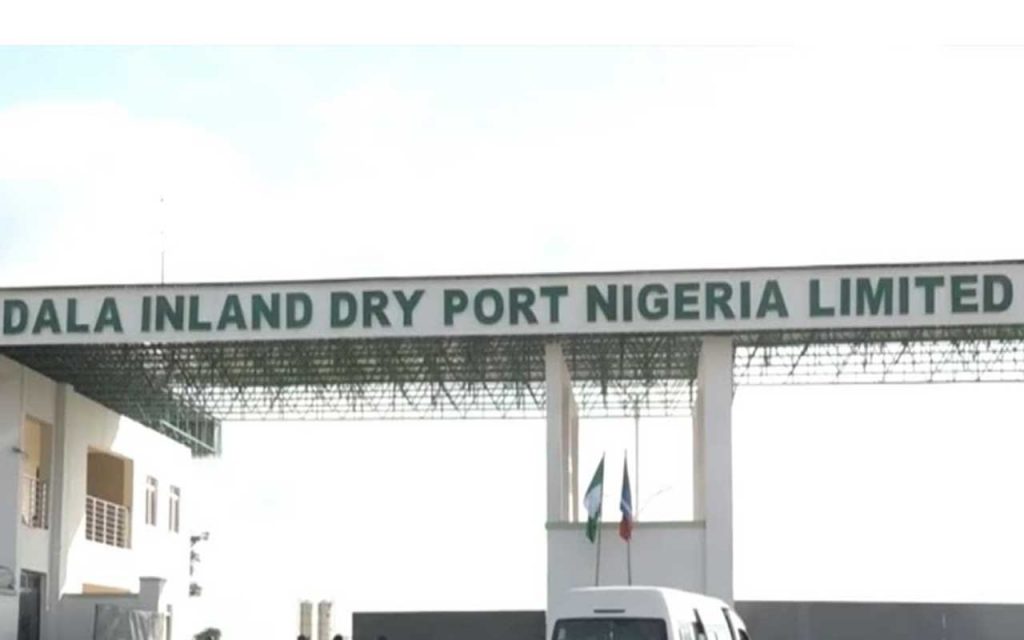The management of Dala Inland Dry Port (DIDP) has refuted media reports linking the family of former Kano State Governor and ex-APC National Chairman, Dr. Abdullahi Umar Ganduje, to the ownership of the company.
In a statement issued on Thursday, the Company Secretary, Barr. Adamu Aliyu Sanda, described the reports as false and malicious, saying verified records from the Corporate Affairs Commission (CAC) and board resolutions confirm that no member of the Ganduje family has ever been a shareholder, director, or signatory of the firm.
“This claim is entirely false. You cannot ‘remove’ an entity that never existed as a shareholder or director in the first place,” the statement read.
“The repeated circulation of this falsehood appears to be part of a coordinated attempt to malign Dr. Ganduje’s reputation and mislead the public.”
The company explained that Dala Inland Dry Port was initially owned by Ahmad Rabi’u and associates, who later invited City Green Enterprises (CGE) to invest in the dormant project. Rabi’u subsequently consolidated all shares in his name, resigned other directors, and sold 80 per cent of the company to CGE while retaining 20 per cent for himself.
According to the management, neither the Kano State Government nor any member of the Ganduje family was involved in the transaction, which was duly registered with the CAC.
DIDP also dismissed claims that the Kano State Government held a 20 per cent stake in the firm, clarifying that the state only supported the project through infrastructure assistance provided as part of a Corporate Social Responsibility (CSR) initiative facilitated by the Nigerian Shippers’ Council.
“CSR assistance, by definition, does not constitute shareholding or ownership. It was purely developmental support,” the statement emphasized.
The company further described as false the claim that a state official represented Kano’s interest on its board, stressing that no such individual existed in its corporate records or participated in board meetings.
“The alleged resolution document being circulated is not authentic. It was single-handedly authored by Ahmad Rabi’u without the consent of other directors,” the management stated.
DIDP reaffirmed its commitment to transparency and accountability, urging its partners and the public to disregard what it called “false and misleading reports.”

